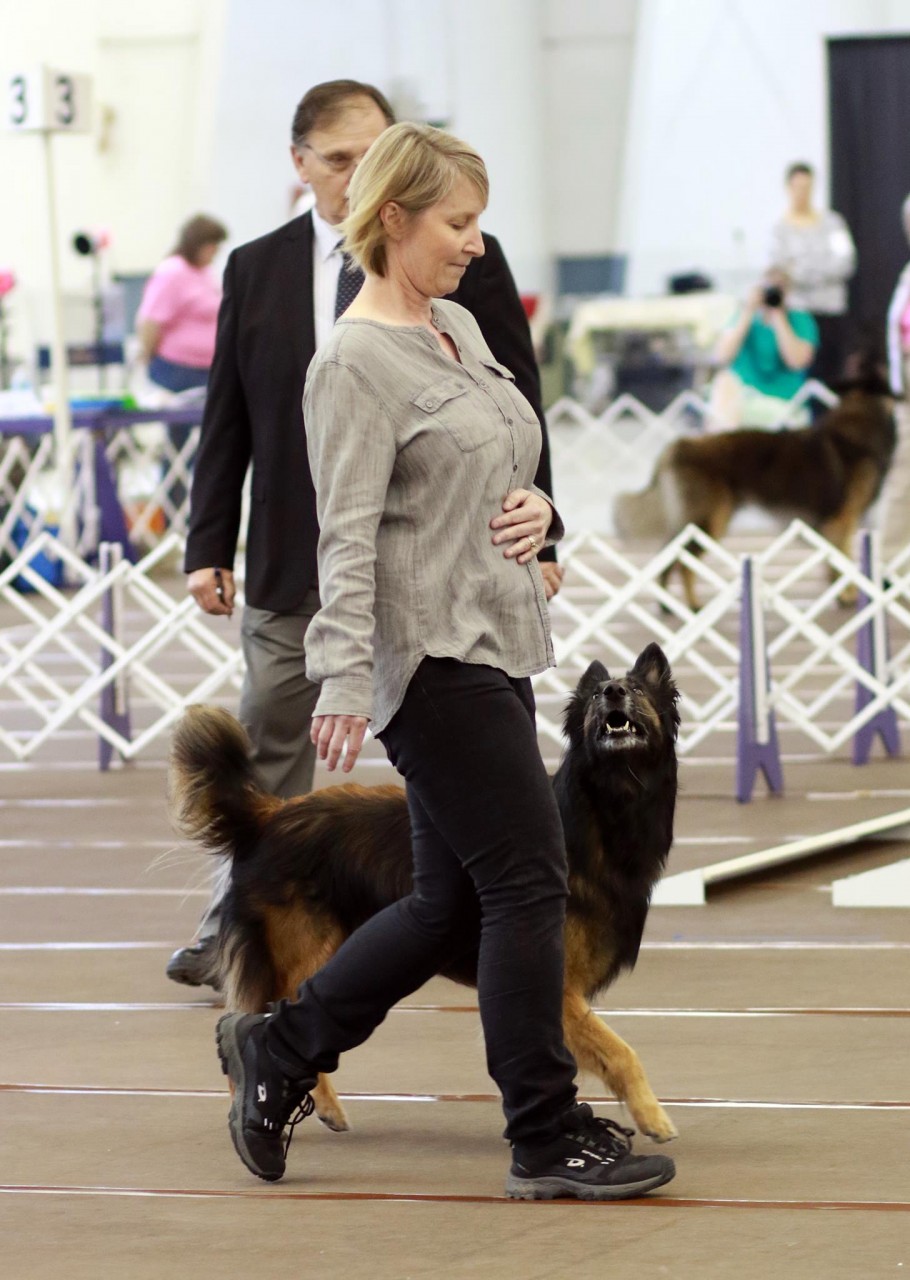This is one of my rotating Nosework topics — and it tends to meet a lot of resistance. That either tells me something… or just confirms that change is hard. We all feel comfortable doing things the way we've always done them. I'll admit, I'm not one to overhaul my training approach quickly — but change can be good! Trying new ideas can be transformative.
In Nosework, the standard advice is to reward at source — and I'm a huge proponent of that! Rewarding at source in the early stages builds strong value for our target odor and helps keep dogs locked in on the hide. Where and how we deliver rewards directly influences the dog's behavior, reinforcing our desired position and focus.Recently I posted this question in the FDSA Alumni Facebook group – "What training tip or approach gave you that magic touch or simply surprised you with how easy it was to implement and see results?"
Rarely are there training hacks or magic wands in dog training, but sometimes there is something THAT simple that gets results. Based on the responses to my post, here are the top 6 most popular "magic" training tricks!
The hardest thing about any dog sport is getting started! Once you have found a Nosework class and have practiced your skills you likely have been bitten by the dog sport bug and are ready to enter a trial. What do you do next??!
It could even be that we unintentionally taught a bad habit, decided not to address it right that moment, or maybe we didn't encourage it but just ignored it. It happens - our dog training TO DO LIST is very long! We let some things go to focus on other skills and behaviors.
We want to spend more time developing desired behavior verses fixing unwanted behavior later on.
This is an excerpt from one of Julie Symons' Obedience Games lectures along with a few other thoughts about dog training!
When it comes to dog training, everything we need to train and prepare for trialing can be overwhelming. Skills, precision, ring confidence, OUR confidence, weaning off primary and secondary reinforcers, etc. We all have goals and ambitions and want to do well.
We start that journey by building a strong emotional foundation when training our dogs. First and foremost we want a happy, motivated, secure, and engaged dog!! I don't worry about a lot of precision early on. The key is to prepare your dog by training smart and reinforce improvement on the way to perfection. The path to perfection or as close as we can get is the journey you take with your dog, not something you achieve all at once early in their career.
What does "training smart" mean?
It means being present when training and having a plan. It's not training when you don't feel well or in a bad mood. It means to make what training you can get to count and make a difference toward progressing.
If you don't have a lot of time to train, then make the most of the time you do have to make it productive and effective. Don't rush or get sloppy.
Make it your goal to rehearse correct behavior and be consistent with criteria as much as you can. And remember, no dog trainer trains perfectly. You constantly have to make quick decisions. To paraphrase Bob Bailey … you need to make a decision as the next one is right around the corner!
So you have to decide what/when to mark, when to release (ie., to avoid a crooked front), when to ask for more, etc. Don't fret over missed decisions, just get ready for the next one. Make it your goal to grow and expand as a trainer by experimenting and approaching it like an art form!
If you've trialed recently, and were disappointed with the results, it's time to take a look at your own performance!
By reviewing our trial experiences we can 1) own our mistakes, 2) improve our handling, 3) learn to read our dogs better, 4) develop our mental game, and 5) set appropriate goals.
Let's discuss each area in a little more detail.
